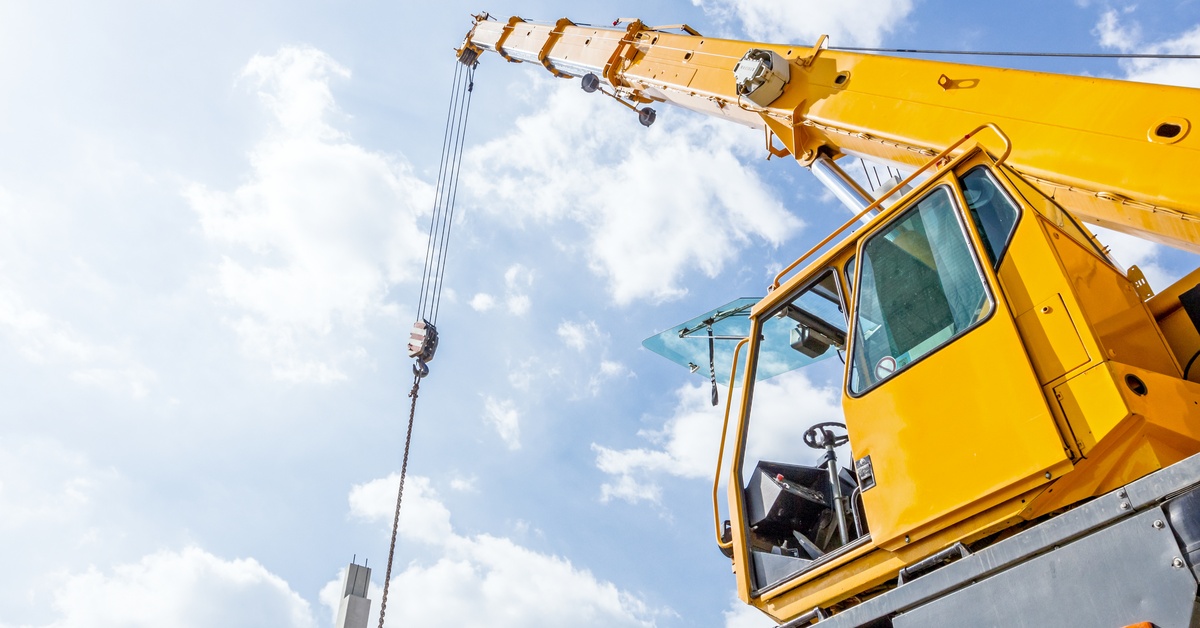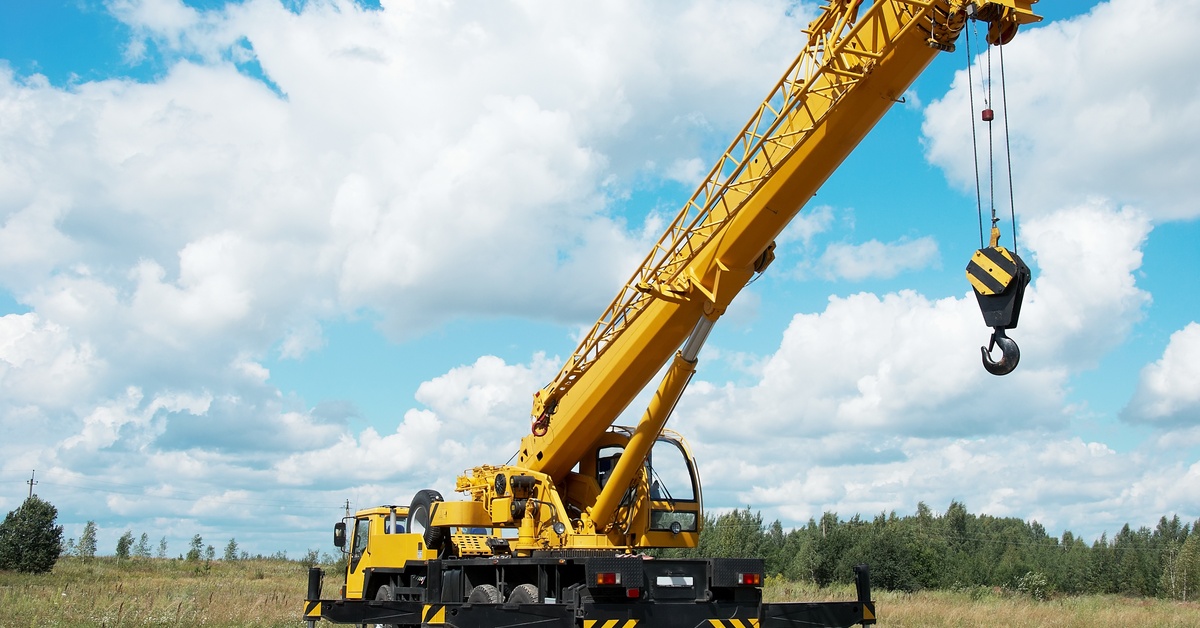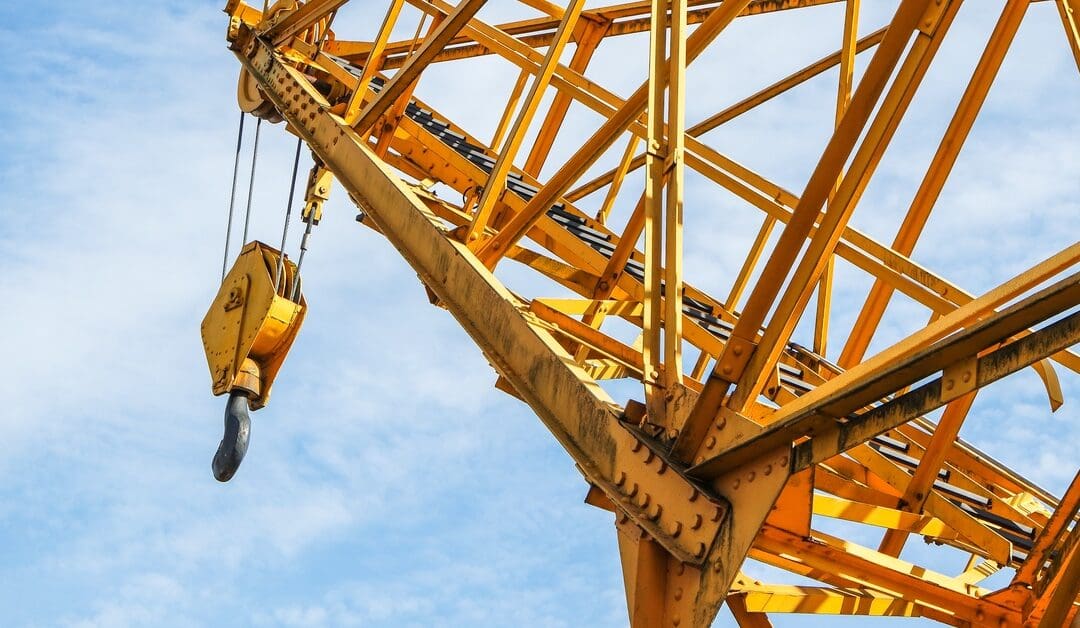As businesses see changes in the market, many are considering ways to save money while delivering the same results. The construction and industrial sectors are learning new approaches to heavy lifting equipment. Rather than purchasing expensive machinery outright, many companies are turning to crane rental services to meet their project demands.
There are several reasons why crane rentals are gaining popularity among businesses, which can help you determine if a rental is the right choice for your needs. From cost savings to technological advances, multiple factors are driving this growth in rental demand.
Cost-Effectiveness Drives Decision Making
The most compelling reason companies choose crane rentals over purchases centers on financial efficiency. Purchasing a new crane requires substantial upfront capital investment, often ranging from hundreds of thousands to millions of dollars, depending on the model and specifications. These costs extend beyond the initial purchase to include insurance, storage, maintenance, and depreciation.
Rental agreements eliminate these financial burdens by converting fixed costs into variable expenses. Companies pay only for the duration they need the equipment, allowing them to allocate capital to other critical business areas. This approach proves particularly beneficial for smaller contractors and seasonal operations that cannot justify the expense of owning specialized equipment year-round.
Project-Specific Equipment Requirements
As new construction projects emerge that require specialized crane configurations, it can become expensive for businesses to maintain a wide array of cranes that are only suitable for specific needs. Crane rental services are beneficial in this situation since they help clients find the right configurations without the continuous maintenance expenses.
Crane rental companies usually have an extensive fleet that features various models, capabilities, and configurations that can be used for a business’s specific needs. Whether a job calls for a compact city crane with tight maneuvering capabilities or a massive crawler crane for heavy industrial lifting, rental providers can supply the appropriate machinery.
With this flexibility, contractors can access cutting-edge equipment without the long-term commitment, ensuring that businesses always have the right tool for each worksite.

Reducing Maintenance and Operational Burden
Crane ownership carries significant costs and responsibilities that many companies would rather avoid. Regular maintenance schedules, safety inspections, operator training, and compliance with evolving regulations require dedicated resources and expertise, which can take a toll on businesses that aren’t equipped for that commitment. These demands can strain businesses that lack specialized departments to handle all the logistics.
Rental providers assume these responsibilities as part of their service offering. Their maintenance teams perform routine inspections, conduct necessary repairs, and ensure equipment meets all safety and regulatory standards. This arrangement allows contractors to focus on their core competencies rather than managing complex machinery maintenance programs.
Technological Advancement Access
Updated technology in the crane industry is constantly developing new safety features, efficiency improvements, and technological innovations that can help improve current cranes. Modern cranes incorporate advanced load monitoring systems, GPS tracking, telematics, and automated safety controls that enhance both performance and safety outcomes.
Staying up-to-date on these improvements is challenging for companies that don’t specialize in new crane equipment purchases, which makes renting a better option for new crane technology. Rental providers regularly update their fleets to include the latest innovations, providing customers with access to state-of-the-art equipment without an additional investment.
Flexible Capacity Management
Business demands fluctuate based on market conditions, seasonal patterns, and project portfolios. Construction companies may experience periods of high activity requiring multiple cranes, followed by slower periods with minimal lifting needs. Purchasing equipment to meet peak demand results in underutilized assets during slower periods.
Crane rentals provide the flexibility to scale equipment needs up or down based on current demand. Companies can rent additional units during busy periods and reduce their fleet during slower times, optimizing operational efficiency and cost management. This scalability proves particularly valuable for businesses experiencing growth or seasonal variation in their workload.
Emergency situations also benefit from rental flexibility. When owned equipment breaks down, rental units can provide immediate replacements, preventing costly project delays.

Geographic and Logistical Advantages
Construction and industrial projects often occur across wide geographic areas, sometimes in remote locations. Transporting owned cranes to various jobsites involves significant costs for specialized transport vehicles, permits, and logistics coordination. These expenses can quickly exceed rental costs, particularly for distant or temporary projects.
Crane rental companies typically operate from multiple locations, positioning equipment closer to potential jobsites. This geographic distribution reduces transportation costs and delivery times while providing local support services. Many rental providers offer delivery, setup, and pickup services as part of their standard packages, further simplifying logistics for their customers.
Risk Management and Insurance Benefits
Operating cranes carries the risk of equipment failure, operator error, and jobsite accidents. Equipment ownership transfers these risks entirely to the owner, along with associated insurance costs and liability exposure. Comprehensive insurance coverage is a must-have for owned cranes, but it also incurs ongoing expenses.
Professional rental companies carry extensive insurance coverage and usually include liability protection as part of their rental agreements. While contractors maintain responsibility for jobsite safety and proper equipment use, rental providers share certain risks related to equipment performance and maintenance-related issues.
Choosing the Right Rental Service
Selecting the right rental service is a critical decision that can impact the success of a project. Reliable rental services offer well-maintained, high-quality machinery that meets safety standards and performs efficiently on the jobsite.
If you’re looking for the right crane rental service, come to Heave Ho! Crane & Rigging. Our reliable crane and rigging company has operated on the Gulf Coast for over 30 years. With that experience, we can help your business find the right crane options for you.
Making the Right Choice for Your Business
The reasons behind the growing popularity of crane rentals reflect fundamental shifts in how businesses approach equipment management and operational efficiency. Cost-effectiveness, flexibility, and risk management advantages make rental agreements attractive alternatives to equipment ownership for many applications.
However, the best approach depends on individual business circumstances, project types, and long-term strategic goals. Companies with consistent, high-volume lifting needs may still benefit from equipment ownership, while those with variable or specialized requirements often find rental agreements more advantageous.
Consider partnering with Heave Ho! Crane & Rigging, so we can assess your needs and recommend the right equipment solutions. Contact us today to request a quote.

